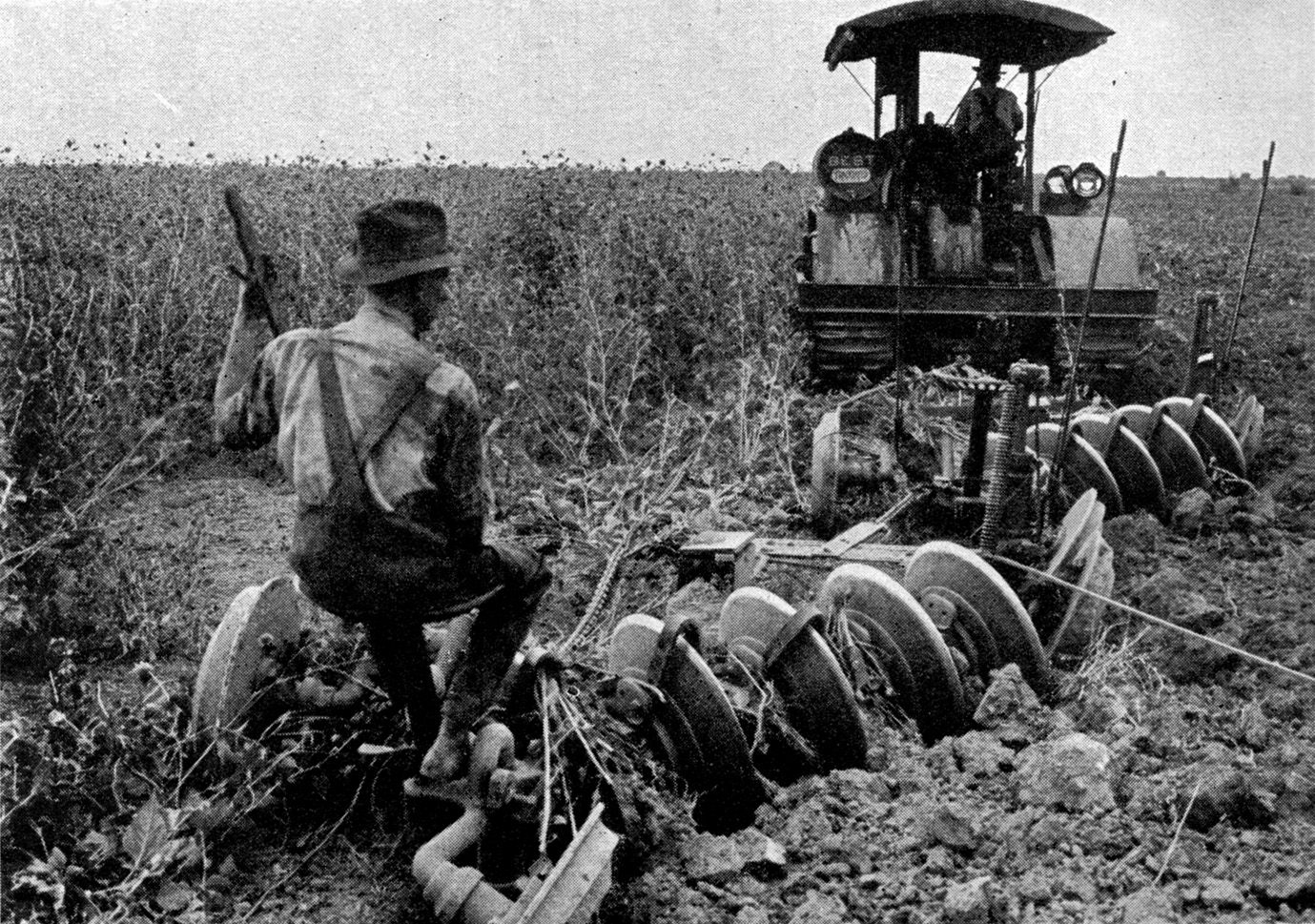
Letter to Congress That Fast Track Is the Wrong Track for U.S. Food & Farms
Dear Member of Congress,
We write to you as representatives of family farm and other organizations concerned about the future of our farm and food system to urge you to reject fast track (Trade Promotion) authority and to instead insist on trade policies that prioritize food and farm systems that are healthy, fair and sustainable.
Proponents of fast track and pending trade deals assert that they would result in increases in agricultural exports that would automatically translate into job creation in the farm sector.
April 13, 2015 | Source: Institute for Agriculture and Trade Policy | by
Dear Member of Congress,
We write to you as representatives of family farm and other organizations concerned about the future of our farm and food system to urge you to reject fast track (Trade Promotion) authority and to instead insist on trade policies that prioritize food and farm systems that are healthy, fair and sustainable.
Proponents of fast track and pending trade deals assert that they would result in increases in agricultural exports that would automatically translate into job creation in the farm sector. These projections are based on simplistic—and discredited—economic multipliers that ignore the increases in imports that would certainly also result from these trade deals.
We need to start from an honest assessment of the problems confronting American farmers and rural communities and not pretend that expanded trade, at any cost, will solve them. These problems include falling crop prices, rising costs of inputs, and dramatic increases in corporate concentration in agriculture that make it ever more difficult for farm families to make ends meet and for rural communities to thrive. To cite just one example, Iowa State University estimates the cost of corn production in that state at $4.93 a bushel, while the price has fallen to as low as $3 a bushel in recent months. The Organization for Economic Cooperation and Development and the Food and Agriculture Organization project continued low prices through 2023. Trade at such low prices may benefit agribusiness exporters, but does not serve the interests of farmers, workers, and rural small business and communities, either in the U.S. or abroad.
Many of the same promises of expanded trade benefiting U.S. farmers and rural communities were made during the debates for NAFTA, CAFTA, and the U.S.-Korean Free Trade Agreements have failed to materialize. Instead, rural communities have been roiled by profound economic instability. Large agribusiness firms, empowered by new legal provisions securing investments and market access have been able to take advantage of wild price swings to gain even greater control over production. The share of the largest four companies in beef processing, for example, grew from 69 percent in 1990 to 82 percent in 2011, a phenomenon that is mirrored in the pork, poultry, corn and soy sectors. This concentration has weakened farmers and ranchers’ ability to get fair prices for their production. Their operations are the economic engines of their communities, which are left sputtering, exacerbating rural poverty, food insecurity and out-migration.
We also need to take a closer look at what is actually working in our food and farm system and build on those successes. All across the country, farmers and communities are coming together to produce, process and market healthy, locally grown foods at prices that are fair to farmers and consumers. National Country of Origin Labeling (COOL) and GMO labeling laws passed in several states advance consumers’ right to know about what is in their food and create new markets that benefit local farmers.
We are deeply concerned that provisions under consideration in current trade deals could undermine that progress. COOL is already under attack at the WTO. GMO labeling or other efforts to ensure farmers producing sustainably get a fair return could also be threatened as Technical Barriers to Trade. Investor State Dispute Settlement would give foreign firms new rights to challenge local laws on land use, restrictions on toxic chemicals or even bans on practices like fracking that threaten our soils and water. Each of those issues has already been the subject of investor state cases, some of them already resulting in millions of dollars in legal fees and fines.
Because of the secrecy of the negotiating process, it is impossible to know whether these and other policies to strengthen rural economies, including reforms that would reduce our existing trade deficit, are being traded away. In the end, what matters is whether trade and agriculture policies help us to get to a better food and agriculture system. The only way to get to that point is through a fair, transparent and inclusive process that takes the best from local innovations like farm to school programs, farmers markets, and consumer protections and builds on them to provide healthy foods at fair prices. Expanding export markets would not serve to strengthen those initiatives but would decrease the opportunities for family farmers and increase the profits of the agribusiness firms that already dominate too much of our agriculture and food system.
